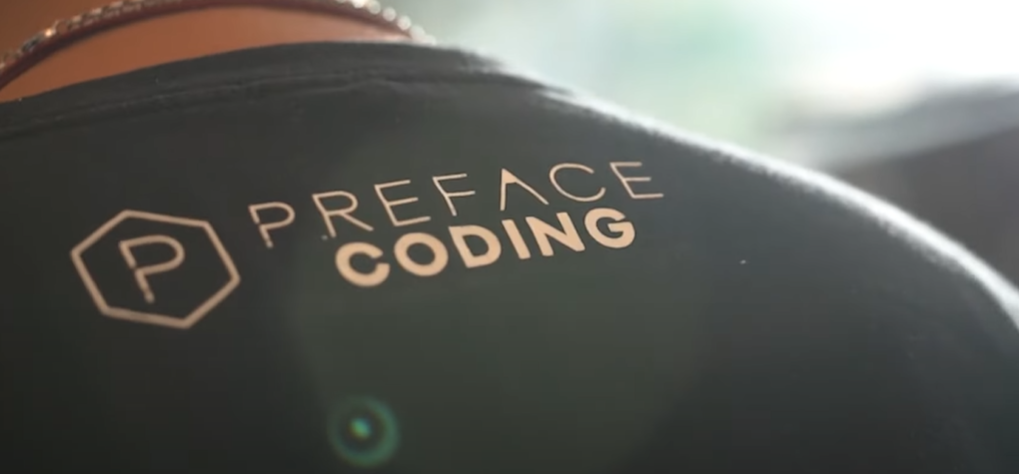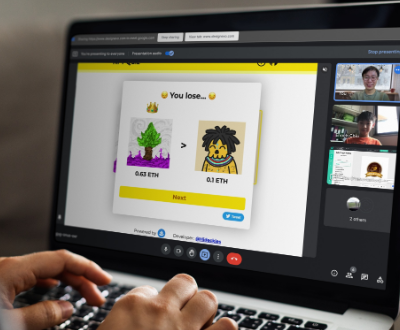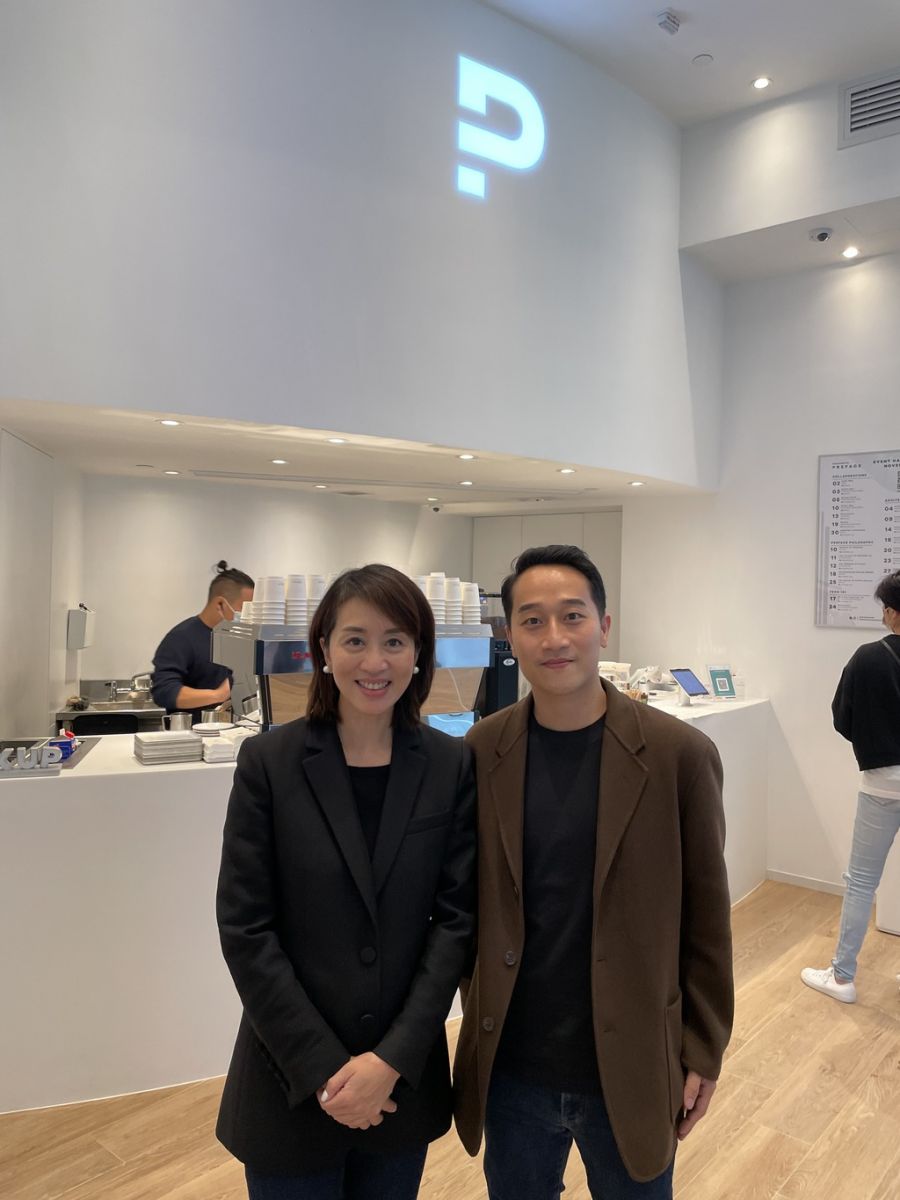此内容只有英文版本
In the launch episode of Alibaba Entrepreneurs Fund’s new YouTube channel - “STaRTUP”, we talk to Tommie Lo, founder of
Preface, a Hong Kong-based EdTech startup leveraging AI to deliver personalised tech-learning courses, including programming, data science and blockchain, and unique experience through a learning on-demand model. An economist by training, Lo has always taken an interest in education. His first business venture was Prologue, an online education provider which offered online courses and tutorial videos for secondary school students.
 In a way, you’ve been in education all your life, starting from when you were a private tutor at university. Why are you interested in education? What impact do you hope to make in the field?
In a way, you’ve been in education all your life, starting from when you were a private tutor at university. Why are you interested in education? What impact do you hope to make in the field?
Hong Kong’s education system is still like “training factory workers” by getting one teacher teaching a class of 30 to 40 students [without regard for individual learning abilities]. There is a mismatch between how students are taught and what they need. I realized the importance of “education anytime anywhere for everyone by revolutionizing teaching and learning”. My goal is to make education available to everyone in a decentralized classroom.
Why are you interested in providing 1-1 coding classes?
I’d originally wanted to become a university lecturer but I wanted what I do to have a greater impact. Programming language is present in so many facets of our lives. It is also a common language. As time goes on, I think it will become more universal - more than English, as it’s the same language for those living in Japan, South Africa, South America, North America and Europe.

Why did you choose to set up your company in Hong Kong?
To be honest, sometimes I’d think, if I’d sold my concept to Silicon Valley or Shenzhen, would my company be worth much more now? I later realised there are certain advantages to setting up my business here.
Admittedly, Hong Kong’s Web3 market is quite small, but because of this, one also gets quicker feedback from clients - sometimes a mere few days after a digital product is launched. Knowing whether a product has demand in the market within a short period of time is an advantage.
Hong Kong is also a good testing ground. Hong Kong clients have high expectations-and their expectations generally align with that of major international financial centres. If our products are well-received in Hong Kong, it means that they might also be well-received in London, Tokyo, Beijing, Shanghai, Melbourne, Sydney, New York, and so on.
 What is Preface’s competitive advantage?
What is Preface’s competitive advantage?
I think the programming language market still has a lot of room to grow.
As a leader in the field, we have a wide-ranging clientele base, from Fortune 500 companies and big banks to luxury brands and technology firms. I believe there are two key reasons for this.
First, we have a sophisticated AI system, which continues to learn from what we feed it to provide ever more customised learning.
Anyone with a laptop can access our online learning tools, regardless of when, and where they are.
We’ve always operated on the twin philosophies of ‘decentralisation’ and ‘customisation’, and this has allowed us to lead in the field.
What have been some of your most memorable moments when speaking with investors? How do you get them to invest in your vision?
In the past, there were instances of misalignment between investors and the team. Sometimes, investors want high returns within a short period of time.
From my POV, re-skilling in blockchain, Web3, deep learning and machine learning will become critically important in the next 15 to 20 years. But re-skilling also takes time, and you’ll only be able to see the return in 3, 5 or 10 years. It’s important to find investors who are willing to go on that journey with us.
I believe that Preface has inspired companies to provide tech and programming training to their employees-and consistently. Preface Coffee and Wine (in Central and Causeway Bay) also provides the opportunity to learn in a relaxed environment. That is why organisations like the Hong Kong Bar Association chose to hold their training session at the space, where they could learn about the latest technologies such as AI and blockchain over a glass of red wine.
 Has COVID impacted the Preface team? Did it bring any challenges or opportunities?
Has COVID impacted the Preface team? Did it bring any challenges or opportunities?
[When we first started out], some investors wanted us to set up brick-and-mortar tutorial centres, as many of our competitors had physical venues. When COVID hit however, they had to halt their operations. We operate on an online learning model, so we kept running during the pandemic. In fact, we thrived.
Currently, half of our classes are conducted virtually. Our teachers can do back to back lectures, without having to waste time travelling from one location to the next. At the same time, the pandemic made us realise that we still crave those face to face interactions. And that’s what makes Preface unique- we are not just producing educational videos, we are actually teaching in real time. Retaining that human touch is very important to us.
How did you overcome these challenges?
I think startup founders are schizophrenics. On one hand, they must be persistent in achieving their ambitions and dreams; on the other, they need to face up to their mistakes. If I feel I have fallen short, I will own it and try to do better. As a startup founder, your role is very important, as you are the soul of a company. Every decision that you make, big or small, becomes a part of company culture.
Read more about Preface



